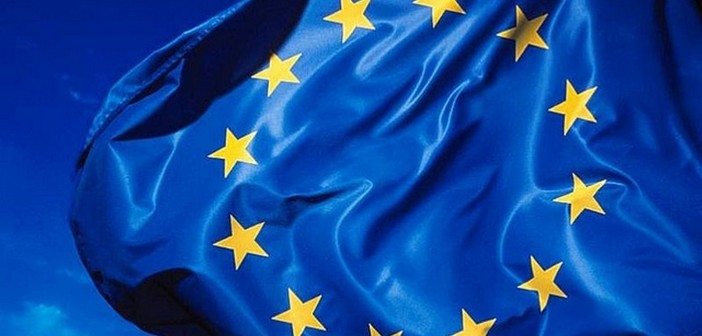The crisis, in its broadest sense, has exposed the weaknesses of a confused European system that has been unable to face these challenges.
From the Maastricht Treaty (1992) to the Lisbon Treaty (2009), including the introduction of the euro (2002), the failure of the constitutional treaty (2005), the global crisis of 2008, and the latest European budgetary treaty (2012), it must be observed that the European Union presents more disadvantages than advantages for many countries today in its functioning.
Having expanded from 12 to 28 countries in the EU, with 19 in the eurozone by 2015, the “patchwork” is diverse. The European Union is a zone of prolonged peace, comprising a mosaic of countries, each different. The East-West or North-South economic imbalances have highlighted the weaknesses in the control of the existing system.
The new Brussels Commission is seeking its path with Jean-Claude Juncker, its new president. Facing a European Council in search of its “identity,” the Commission refers to a liberal policy unsuited for resolving the fundamental political, economic, social, and financial problems of the Union.
On the international level, when they exist, the political decisions of the European Council are more than confusing.
Since 2012, the European budgetary treaty (TSCG) has reached its limits, repeatedly insisting on rigor and austerity without highlighting opportunities to boost activity and the economy. These disparate behaviors challenge financial markets and large private and sovereign investors.
The debt crisis has revealed a series of significant challenges within the EU and the eurozone, primarily the complete lack of “intelligent” governance.
The top priority: activity and employment. According to Eurostat estimates, paid unemployment affects over 26 million people (10.1%) across the Union, including 19.2 million (11.6%) in the eurozone.
The economic situation of the European Union, especially the eurozone, is concerning. There is very low inflation, initial deflation signs, and generally lackluster growth with local recessions. The few positive indicators perceived at the start of 2015 are primarily due to the drop in oil prices, the rise of the US dollar relative to the euro, and very low or even sometimes negative borrowing rates, just to mention these factors.
The viewpoints are contradictory between the need for “activity boost” and the obsession with an “obsolete model” linked to an “austerity and rigor” policy in a heterogeneous environment where comparison is not synonymous with reason, with German leaders wielding their “veto” influence.
It bears repeating that “it’s the activity that creates wealth, generating growth, not the other way around.” Confidence must come through a general resurgence in activity, with a gradual return of growth, knowing that employment is the number one priority.
The EU should be a free trade zone, protected from economic, fiscal, and social dumping, with the support of an independent ECB, encouraging productive investments like research, development, and innovation in high-added-value sectors. The Commission should support fields of activity with a transversal and multipolar nature.
Optimization, tax evasion, and fraud disrupt Europe’s financial equilibrium. Contributing to this are Luxembourg, the City of London and its offshoots, Switzerland, the Channel Islands, Ireland, Belgium, the Cayman Islands, Monaco, and… perhaps France. The consequences of this form of tax dumping, tolerated or even encouraged, are significant for competition. This imbalance, maintained by the lobbying of major banks and multinational groups, reveals a European Union without governance! Hence, reviewing taxation and ensuring European-level control is vital. The FATCA (American law) exists, but there is nothing equivalent in Europe!
An exceptional social dumping maintained by the Commission and supported by the German government is linked to posted workers. A need for inventory and a complete overhaul is imperative. Unfair competition is developing.
In a confused system, it’s essential to assert one’s position with determination and continuity. Constant compromise, “synonymous with stagnation,” is not the solution.
The notion of European governance goes beyond the simple concept of the “law of the strongest” or “everyone for themselves.” 28 heterogeneous states in the same “league” with the same rights, the same constraints, and an optional single currency without governance is nonsensical.
Europe needs to be reconsidered differently. The problem has been posed for a long time but remains unanswered.


